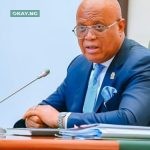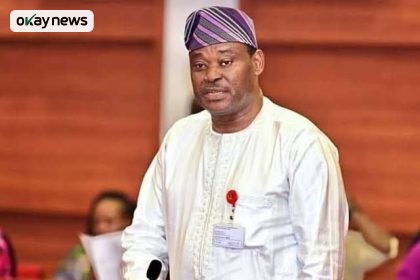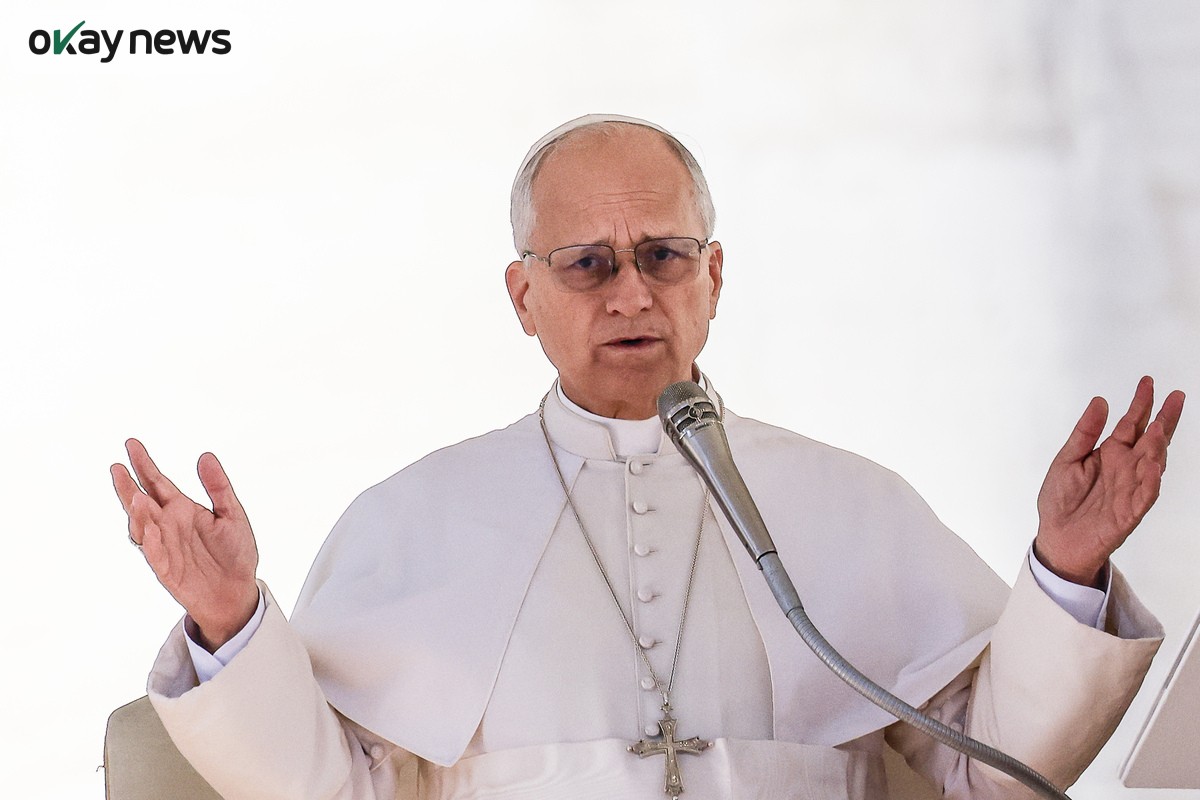The International Monetary Fund (IMF) has urged the Federal Government to prioritise infrastructure and education spending to strengthen public finance management and sustain economic growth.
During the Fiscal Monitor session at the World Bank/IMF Annual Meetings in Washington DC, the IMF’s Fiscal Affairs Department Division Chief, Davide Furceri, said Nigeria’s recent fiscal and structural reforms were aligned with global best practices but required greater efficiency in public spending.
Furceri advised that more attention be given to both revenue and expenditure management, noting that better allocation of resources could deliver long-term social and economic gains.
“It is important to increase social spending, particularly to support vulnerable households and ensure inclusive growth,” he said.
IMF’s Director of Fiscal Affairs, Vitor Gasper, added that Nigeria must strengthen fiscal policy to enhance debt sustainability and prepare buffers for future shocks. He recommended increasing infrastructure and education funding by restructuring existing expenditure rather than expanding the budget.
He warned that persistent spending beyond revenue could push Nigeria’s debt, now at N152.3 trillion, to unsustainable levels.
At the same event, Central Bank Governor Olayemi Cardoso said the apex bank was developing frameworks to strengthen trade and ensure mutual benefits in currency swaps with partner countries.
Cardoso said ongoing reforms had boosted investor confidence, stabilised the naira, and raised foreign reserves to $43.4 billion, providing an 11-month import cover.
He noted that the government’s policy direction was achieving macroeconomic stability, higher growth, and stronger external buffers.







